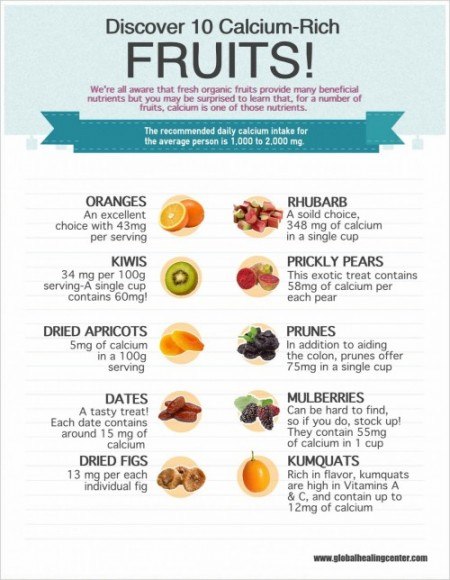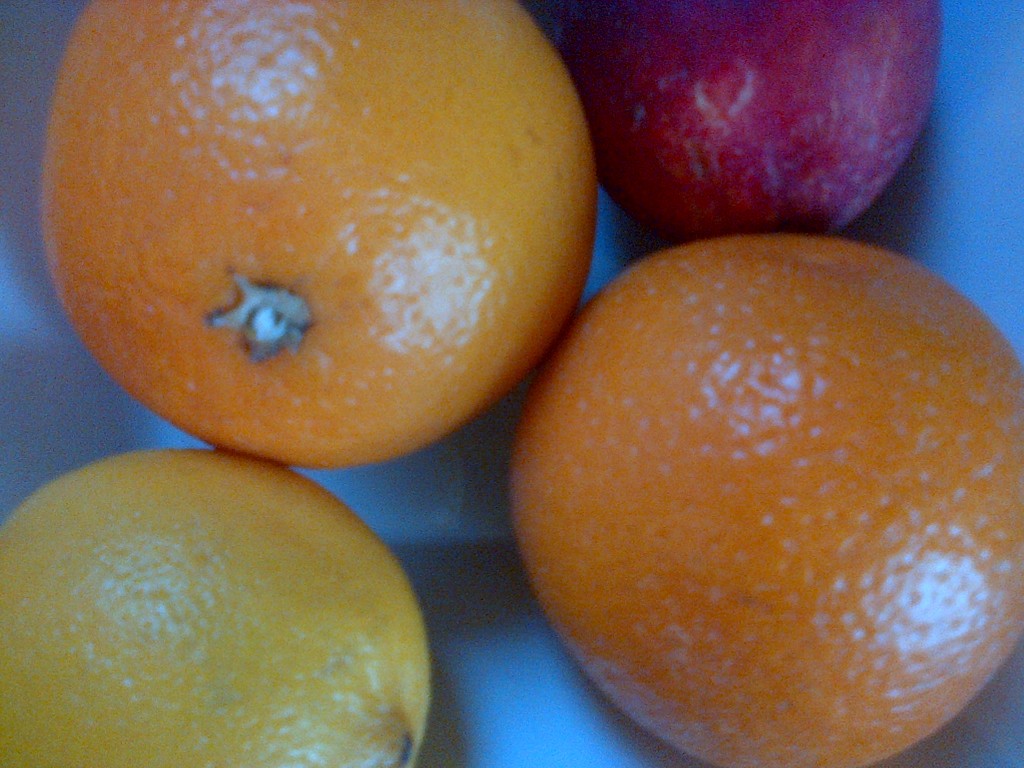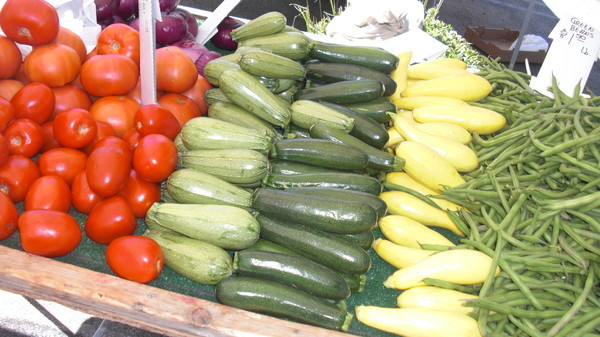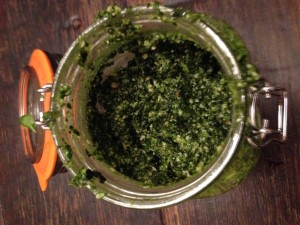calcium
Do I need vitamin supplements?
Most people don’t need to take vitamin supplements and are able to get all the vitamins and minerals they need by eating a healthy, balanced diet.
Vitamins and minerals are essential nutrients, such as iron, calcium and vitamin C, that your body needs in small amounts to work properly.
Many people choose to take supplements, but taking too much or taking them for too long could be harmful. The Department of Health recommends certain supplements for some groups of people who are at risk of deficiency. These are described below.
Folic acid supplements in pregnancy
All women thinking of having a baby should have a folic acid supplement, as should any pregnant woman up to week 12 of her pregnancy. Folic acid can help to prevent neural tube defects, such as spina bifida.
Read more about vitamins, supplements and nutrition in pregnancy.
Vitamin D supplements
The Department of Health recommends that everyone over the age of five (including pregnant and breastfeeding women) should consider taking a daily vitamin D supplement, particularly between October and March.
Some groups of the population are at greater risk of not getting enough vitamin D than others, including:
babies from birth to the age of one, (including breastfed babies and formula fed babies who have less than 500ml a day of infant formula)
all children aged between one and four
people who aren’t often outdoors – for example, those who are frail or housebound, in an institution such as a care home, or if they usually wear clothes that cover up most of their skin when outdoors
These people should take daily vitamin D supplements, to make sure they get enough.
Read more information about vitamin D.
Supplements containing vitamins A, C and D
All children aged six months to five years should take a supplement containing vitamins A, C and D. This is a precaution because growing children may not get enough of these vitamins – especially those not eating a varied diet, such as fussy eaters.
Your GP may also recommend supplements if you need them for a medical condition. For example, you may be prescribed iron supplements to treat iron deficiency anaemia.
Effervescent tablets: salt advice
Effervescent (fizzy) vitamin supplements or effervescent painkillers can contain up to a gram of salt per tablet. Consider changing to a non-effervescent tablet, particularly if you have been advised to watch or reduce your salt intake.
The Vegan Diet – Healthy eating as a Vegan
A vegan diet contains only plants – such as vegetables, grains, nuts and fruits – and foods made from plants.
Vegans don’t eat foods that come from animals, including dairy products and eggs.
Healthy eating as a vegan
You should be able to get most of the nutrients you need from eating a varied and balanced vegan diet.
For a healthy vegan diet:
Eat at least five portions of a variety of fruit and vegetables every day.
Base meals on potatoes, bread, rice, pasta or other starchy carbohydrates. Choose wholegrain where possible.
Have some dairy alternatives (such as soya drinks and yoghurts). Choose lower-fat and lower-sugar options.
Eat some beans, pulses and other proteins.
Choose unsaturated oils and spreads, and eat in small amounts.
Drink plenty of fluids – the government recommends 6-8 cups/glasses a day.
If you’re having foods and drinks that are high in fat, salt or sugar, have these less often and in small amounts.
See the Eatwell Guide for more information about a healthy diet. It applies to vegetarians, vegans, people of all ethnic origins and those who are a healthy weight for their height, as well as those who are overweight. The only group it is not suitable for is children under two years of age, because they have different needs.
Getting the right nutrients from a vegan diet
With good planning and an understanding of what makes up a healthy, balanced vegan diet, you can get all the nutrients your body needs.
If you don’t plan your diet properly, you could miss out on essential nutrients, such as calcium, iron and vitamin B12.
Vegans who are pregnant or breastfeeding
During pregnancy and when breastfeeding, women who follow a vegan diet need to make sure they get enough vitamins and minerals for their child to develop healthily.
See vegetarian and vegan mums-to-be for more information.
If you’re bringing up your baby or child on a vegan diet, you need to ensure they get a wide variety of foods to provide the energy and vitamins they need for growth.
See vegetarian and vegan babies and children for more information.
Vegan sources of calcium and vitamin D
Calcium is needed for strong and healthy bones and teeth. Non-vegans get most of their calcium from dairy foods (milk, cheese and yoghurt), but vegans can get it from other foods.
Good sources of calcium for vegans include:
fortified, unsweetened soya, rice and oat drinks
calcium-set tofu
sesame seeds and tahini
pulses
brown and white bread (in the UK, calcium is added to white and brown flour by law)
dried fruit, such as raisins, prunes, figs and dried apricots
A 30g portion of dried fruit counts as one of your 5 A DAY, but should be eaten at mealtimes, not as a between-meal snack, to reduce the impact on teeth.
The body needs vitamin D to regulate the amount of calcium and phosphate in the body. These nutrients help keep bones, teeth and muscles healthy. Vegan sources of vitamin D are:
exposure to summer sunshine (late March/April to the end of September) – remember to cover up or protect your skin before it starts to turn red or burn; see vitamin D and sunlight
fortified fat spreads, breakfast cereals and unsweetened soya drinks (with vitamin D added)
Read the label to ensure the vitamin D used in a product is not of animal origin.
Vegan sources of iron
Iron is essential for the production of red blood cells. A vegan diet can be high in iron, although iron from plant-based food is absorbed by the body less well than iron from meat.
Good sources of iron for vegans are:
pulses
wholemeal bread and flour
breakfast cereals fortified with iron
dark-green leafy vegetables, such as watercress, broccoli and spring greens
nuts
dried fruits such as apricots, prunes and figs
Vegan sources of Vitamin B12
The body needs vitamin B12 to maintain healthy blood and a healthy nervous system. Vitamin B12 is only found naturally in foods from animal sources. Sources for vegans are therefore limited and a vitamin B12 supplement may be needed.
Sources of vitamin B12 for vegans include:
breakfast cereals fortified with B12
unsweetened soya drinks fortified with vitamin B12
yeast extract such as Marmite, which is fortified with vitamin B12
Vegan sources of omega-3 fatty acids
Omega-3 fatty acids, primarily those found in oily fish, can help to maintain a healthy heart and reduce the risk of heart disease when eaten as part of a healthy diet.
Sources of omega-3 fatty acids suitable for vegans include:
flaxseed (linseed) oil
rapeseed oil
soya oil and soya-based foods, such as tofu
walnuts
Evidence suggests that plant sources of omega-3 fatty acids may not have the same benefits in reducing the risk of heart disease as those in oily fish.
However, if you follow a vegan diet you can still look after your heart by eating at least five portions of a variety of fruit and vegetables every day, by cutting down on food that is high in saturated fat, and watching how much salt you eat.
Calcium – the key to strong bones and teeth. Find out more here!
Fighting Anemia with Food – Recipes for Health. An Iron Rich Pesto!
In that blog post I mentioned that I was preparing a pesto for yesterday evening’s meal.
As it was based upon that day’s research I thought I would share it with you. While I’m not a food blogger I am a health blogger so I felt it would be suitable to share this recipe. I should mention that Mrs PatientTalk.Org described the meal as “very tasty”.
This recipe can be vegan or vegetarian according to taste.
Ingredients (serves 4)
a) 400g of Cavolo nero (also called Tuscan kale) – full of iron but also vitamin A, calcium, vitamin K and manganese.
b) 150g of water cress – again iron rich.
c) 10 Brazil nuts – a read source of antioxidants
d) Chopped garlic – to taste really but I used 2 cloves. An antibiotic often used as a folk treatment for the common cold.
e) Juice of one lemon – a great way of getting vitamin C.
f) Olive oil to taste. Olive oil is a way of lowering cholesterol.
g) Salt and pepper again to taste but go for more pepper than salt.
h) Optional but you can use a hard cheese such as Parmesan.
How to do it.
1) Strip the leafy green parts of the Cavolo nero away from any tough stalks.
2) Steam the green leafy parts for five minutes.
3) Please in your blender along side all the ingredients except for the brazil nuts.
4) Blend the ingredients till they become just a bit thicker then the consistency you like.
5) Add the brazil nuts and blend for 30 seconds.
Serve with whole grain pasta and a green salad.
If you have tried this at home please tell us what you think in the comments box. Please do feel free to




